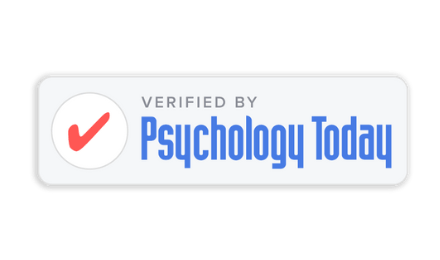The state of mental health worldwide has long been a cause for concern, but in recent years, the need for greater awareness and understanding of it has become more pressing. Anxiety, in particular, is one of the most common psychological issues people face today and is often difficult to talk about.
Anxiety is a normal stress reaction and can be experienced in various ways. It can manifest as physical symptoms such as a racing heart, sweating, trembling, headaches, or nausea, as well as mental symptoms such as difficulty concentrating, racing thoughts, irritability, or a feeling of doom. These symptoms can range from mild to severe and significantly impact an individual’s quality of life.
Surprisingly, anxiety can be triggered by seemingly ordinary events and situations. These common anxiety triggers can lead to heightened fear and stress. Keep reading to learn more.
Caffeine
Caffeine is one of the most widely consumed substances in the world. From coffee to energy drinks, it’s a popular stimulant for a reason – it can give us a much-needed energy boost. But, as with any substance, it also has its drawbacks, and one of the most common side effects of caffeine consumption is anxiety.
It is not unheard of for people to experience anxiety after consuming caffeine, especially in large amounts. Caffeine is a stimulant, which means it can increase our heart rate and make us more alert. According to seasoned anxiety counsellors, this can lead to anxiety as our body prepares itself for a potential threat.
What is more, caffeine can also disrupt our sleep cycles. When our body is deprived of sleep, it can cause us to feel anxious and stressed. If you have ever felt jittery after drinking too much coffee, chances are it is because the caffeine was disrupting your sleep.
Finally, caffeine can also affect our hormones. It can increase our cortisol levels, a stress hormone, which can lead to feelings of anxiety.
Messy Home Environment
When living with anxiety, it is essential to recognize the potential impact of a messy home. While a chaotic environment may not cause panic for everyone, it can significantly affect an individual with anxiety.
The environment around us plays a significant role in our emotional health, and cluttered and disorganized homes can be a primary source of stress and anxiety. Clutter can create a feeling of chaos and disorganization that can overwhelm the senses and make it difficult to focus on what matters. As a result, it can be challenging to relax and feel comfortable in the home.
When it comes to individuals with anxiety, this environment can be particularly detrimental. For individuals with stress, clutter and disorganization can cause feelings of guilt and shame, making it even more challenging to relax and focus. Finding the motivation to tackle the mess can also be difficult, creating a vicious cycle of anxiety and clutter.
Self-Neglect
Getting caught up in our daily lives is often easy, and we need to remember to care for ourselves. Neglecting our needs can be one of the root causes of our anxiety. After all, if we do not take the time to make sure our basic needs are met, how can we possibly be expected to take on the challenges and stresses that life throws our way?
According to anxiety counsellors, when we do not take the time to attend to our own needs, it can cause our anxiety levels to skyrocket. We may begin to feel overwhelmed, frustrated, and even hopeless. We can become so consumed with the day’s demands that we forget to take the time to do the things that make us happy and relaxed.
Conclusion
Avoiding the things enumerated earlier will go a long way in lessening anxiety. While it may not be easy to avoid specific triggers, consciously reducing your exposure to them can reduce your stress levels and help you stay calm and relaxed.
Or better yet, you should seek help from a seasoned ,anxiety counsellor in Vancouver. No one better to guide and support you than Blue Sky Wellness Clinic. We will help you be in control of your life. Schedule a session now!








